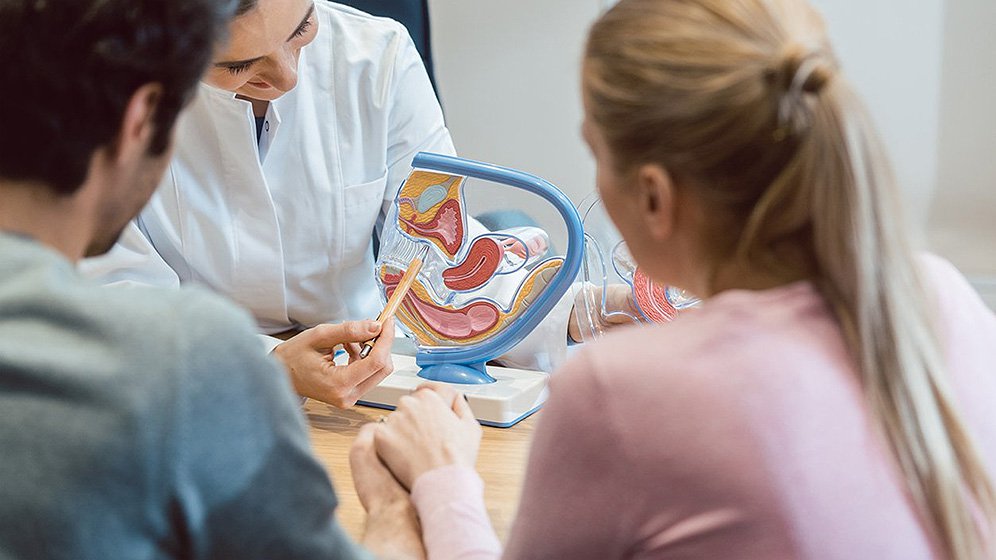Understanding fertility
Whether you are looking to understand fertility broadly or are wrestling with infertility as part of your pregnancy journey, browse articles for information, smart tips, and emotional support.

Every couple mired in infertility, every woman who has ever spent hours scouring the Internet for new breakthroughs and conception tips has had the same wish: For a clear-cut, easy-to-follow program that would guarantee a healthy pregnancy.

The decision of when a couple decides to start a family is a deeply personal one, and a host of professional and personal factors go into your family’s own ideal timetable. And even when a man and a woman agree that the time is right, there is no predicting how long the journey of trying to conceive might take.

The job of a gynecologist is to help keep women from getting pregnant when they don’t want to be pregnant, and to help them conceive when they want to have a baby.

If you are trying to conceive, you have probably heard many tips for getting pregnant and have a hard time discerning fertility fact from fiction. Which suggestions may actually help when you are trying for a baby?

When you're trying to conceive, you can't leave it up to chance. Your body runs on cycles with fertile windows. An ovulation predictor kit can help you identify the two days of the month when you're most likely to conceive.

Cervical mucus, often abbreviated CM, may not have the most pleasant sounding name but it is an important part of your everyday bodily functions. It has huge importance to TTC couples, which is why it’s important to know how to check your cervical mucus, identify when it’s most fertile and how to improve it.

A late or missed period can make you hopeful (if you’re trying to get pregnant) or worried (if you’re not). While pregnancy is one cause of your period not arriving on schedule, it’s not the only reason you might be late or you might skip a cycle. Myriad factors from stress or miscounting to larger underlying medical reasons can cause your period to be delayed or missed.

Most women know their own bodies very well, with great insight into its ebbs and flows. But how well do you know your ovaries? Without them our lives and our bodies would be very different indeed.

Your school might have poured considerable planning and resources into its sex education program, but chances are good it was similar to most sex ed classes.

The first phase of your cycle is called the follicular phase. This begins on Day one of your cycle, which is the first full day of menstrual bleeding when the lining of the uterus starts to shed.

First, determine the length of your normal cycle. It could be anywhere from 20 to 45 days long. Start counting on day one of your period (the first day of bleeding or spotting) — and stop counting on the first day of your next period. This is the length of your cycle.

When you’re actively trying to conceive (TTC), things can get a little stressful. Seeing that disappointing “negative”, month after month can really take a toll on your spirit. It may be hard to maintain that positive outlook when you feel like you’re just not getting anywhere.

If you have been trying to get pregnant for 1-2 years without success, you may decide it’s time to take things to the next level in your baby making journey. Fertility clinics can help by assessing your medical and sexual history, identify potential causes of infertility, and recommend treatment.

The guidelines state you should seek the advice of a specialist if you are under 35 and have had unprotected intercourse for 12 months without a pregnancy. However, if you are over 35, you should only wait 6 months to seek the advice of an infertility treatment specialist.

Whether you have just started trying to conceive or you have been trying for years, there are things you can do to give yourself the best chance of getting pregnant. In general, couples have about a 20% chance of conceiving each month.
Educational Disclaimer:
The information provided herein is intended for educational purposes only and is not a substitute for professional medical advice, diagnosis, or treatment. Always seek the advice of your physician or other qualified health provider with any questions you may have regarding a medical condition or the use of medical devices.
